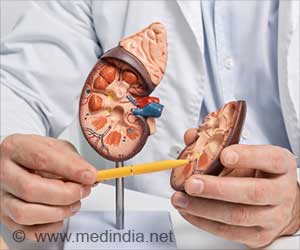The antimicrobial properties of honey could prove effective in arresting the dental plaque bacteria believed to be responsible for dental caries, a
The antimicrobial properties of honey could prove effective in arresting the dental plaque bacteria believed to be responsible for dental caries, a New Zealand researcher will report at the American Association for Dental Research annual meeting this month.
An enzyme in honey that produces hydrogen peroxide is the key to the antimicrobial activity of honey, according to Dr. Peter C. Molan, associate professor of biochemistry at the University of Waikato, New Zealand.Research results from University of Waikato show that honey can stop the growth of dental plaque bacteria as well as the production of dextran, which the bacteria excrete in order to adhere to tooth surfaces.
Clinical research has shown the effectiveness of honey in treating inflamed and infected wounds, Dr. Molan said. Unlike many other antiseptics, though, honey is more gentle on inflamed tissues and can treat swelling and pain. It also has a stimulatory effect on the growth of cells that repair the tissues damaged by infection, according to Dr. Molan.










